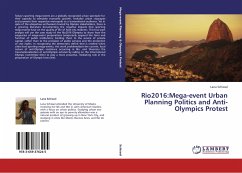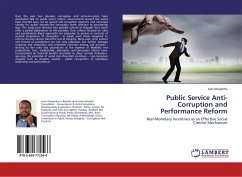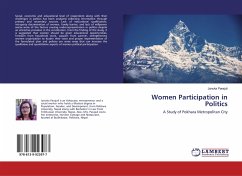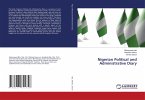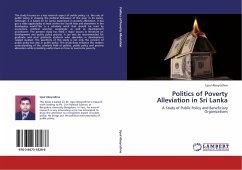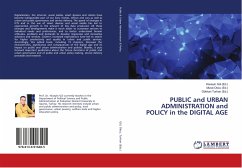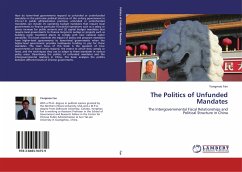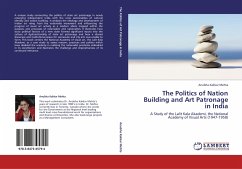Today s sporting mega-events are a globally recognized urban spectacle for their capacity to stimulate economic growth, revitalize urban cityscapes and promote their respective metropolis to a transnational audience. Yet in spite of the ubiquitous enthusiasm touted by Olympic stakeholders, there is a growing literature documenting the negative impacts that sporting mega-events have on the quality of life of host-city residents. This four-part analysis will use the case study of the Rio2016 Olympics to show how the exigencies of mega-event preparations temporarily suspend the form and function of public institutions, binding them to the service of private capital, rather than to the provision of public services and the protection of civic rights. In recognizing the democratic deficit that is created when cities host sporting mega-events, this work problematizes the current, local nature of anti-Olympic resistance occurring in Rio, and theorizes the transnationalization of anti-Olympic activism by calling on the International Olympic Committee (IOC) to play a more proactive, mediating role in the preparation of Olympic host cities.
Bitte wählen Sie Ihr Anliegen aus.
Rechnungen
Retourenschein anfordern
Bestellstatus
Storno

